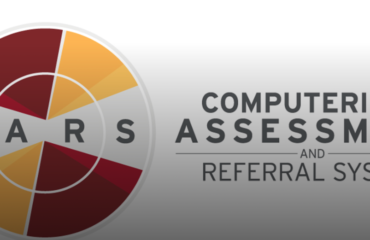Justice Speaks Podcast Episode #3
Do you have medical marijuana where you live? Are you involved with the justice system? If you answered yes to those two questions, then this episode is for you.
Judges Peggy Hora and Mary Celeste, (Ret.), are both experts on drugged driving. They are former Judicial Outreach Liaisons for the National Highway Traffic Safety Administration. In this episode of Justice Speaks, they discuss marijuana and its effects on the justice system.

Currently 23 states, Puerto Rico and Guam have legalized cannabis for medical purposes. Four states (CO, OR, WA, AK) and the District of Columbia have legalized it for recreational purposes. As it becomes legal more places, several concerns arise including the possibility of marijuana impaired driving. Not only do we have cases involving marijuana but also combination cases with alcohol or other drugs.
Marijuana is not Alcohol
Unlike alcohol with its “bright line” of .08 presumed impairment, marijuana per se limits are not clear. They range from zero tolerance and .01 nanograms/mL to .05 in some states. In 20 states there are no per se laws at all. That leaves the basis for arrest and prosecution decisions to officers’ observations, toxicology reports, and other factors such as whether or not there was a crash.
Studies have indicated that the usual investigative tools such as Standard Field Sobriety Tests (SFSTs) do not correlate to marijuana impairment like they do for alcohol. That leaves room for a motion to suppress evidence because an arrest lacked probable cause or a motion in limine to exclude an officer’s testimony about SFSTs.
Although every state has at least one Drug Recognition Expert (DRE) their investigation may be hours after the actual driving. We know that 80% of the THC burns off in the first two hours after ingestion. Unlike alcohol which burns off at a consistent rate, you cannot say in retrospect what a driver’s numbers were if the drug is marijuana.
Missouri v. McNeely and Search Warrants for THC

Some European countries list a variety of illicit drugs with per se levels of impairment including THC. However the United States which adopted a prohibition approach for at least 20 years, allowed very little research to be conducted. Even the current research that is being done is flawed in that they are testing on 8% THC levels whereas the street levels are now around 20%.And that brings up another issue – the Missouri v. McNeely decision that requires a search warrant for a blood draw in alcohol cases. In finding that alcohol cases present no “exigent circumstances” that would do away with the warrant requirement, the U.S. Supreme Court directly relied on the ability of retrograde extrapolation to determine a driver’s BAC even if there was a time lapse in the taking of the blood. There is a good argument to be made that every marijuana case presents “exigent circumstances” and no warrant is therefore required before a blood test can be performed.
The Most Problematic Issue
Research is also being done solely on smoked marijuana whereas the most problematic area for states that have legalized marijuana is from the edibles – eaten forms of THC like brownies, lollipops, tea, etc. Some of the THC levels have reached 80% in edibles and there have been severe consequences that have arisen including deaths.
There are currently 500 pieces of legislation dealing with marijuana including one in Congress that would remove THC from the Schedule I drug list. Until and unless this is done, the legal issues will continue to arise over marijuana.
What do you think the impact of marijuana laws on the justice system will be?
Get more articles like this
in your inbox
Subscribe to our mailing list and get the latest information and updates to your email inbox.
Thank you for subscribing.
Something went wrong.






